China Launches ‘Super Week,’ Cementing Anti-Trump Bloc with India, Russia, and North Korea
Input
Changed
India Strengthens Ties with China Amid U.S. Punitive Tariffs First Cooperation Message in Seven Years Despite Longstanding Border Disputes Putin Meets Xi Following Alaska Summit
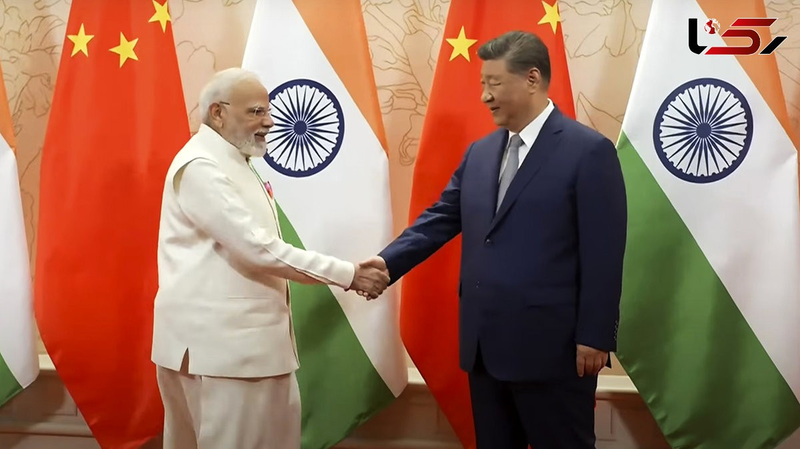
Chinese President Xi Jinping and Indian Prime Minister Narendra Modi signaled willingness to strengthen bilateral cooperation during their meeting at the SCO summit. Despite decades of hostility over border disputes, the two sides are moving toward rapprochement as the United States escalates tariffs and trade pressure on both nations. Through this year’s SCO summit and the upcoming 80th Victory Day military parade, Beijing is expected to use its so-called “Super Week” to showcase closer ties with India while solidifying the China–North Korea–Russia triangle as a counterweight to the West.
Xi Jinping: “China and India are not rivals but cooperative partners”
Xi declared that “China and India are not rivals but partners in cooperation,” pledging to deepen strategic communication and mutual trust. Modi echoed the sentiment, saying the two sides reaffirmed the recognition that “India and China are partners, not adversaries,” while emphasizing that their cooperation carries global significance amid rising economic uncertainty.
Even on the contentious border issue, both leaders projected a cooperative stance. Xi warned against letting the frontier define relations, urging multilateral collaboration to safeguard common interests, drive multipolarity, and advance the democratization of international relations. Modi noted that “recent border conditions remain stable” and vowed to seek a “fair, rational, and mutually acceptable resolution.”
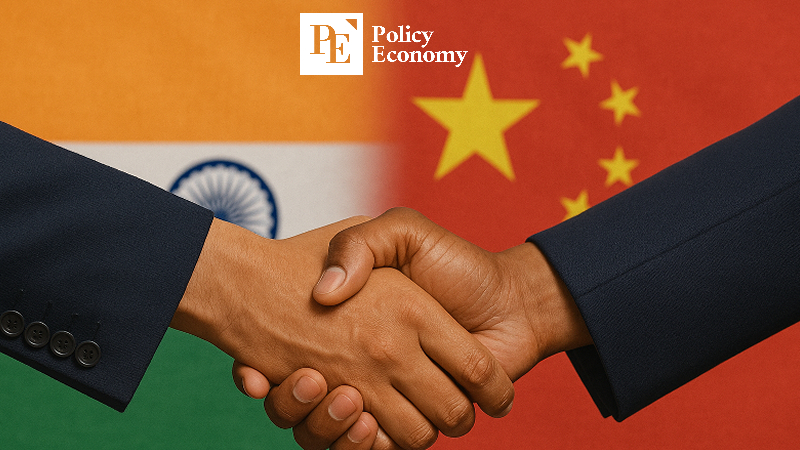
Modi Unveils Decade-Long Cooperation Blueprint with Japan
Analysts view India’s turn toward Beijing as driven largely by the need to counter U.S. tariff pressure. Modi’s first China visit in seven years, since the 2018 SCO summit, underscores this recalibration. The Trump administration, frustrated by stalled negotiations after five rounds of talks, abruptly imposed a 25% tariff on July 30, followed a week later by another 25% levy in retaliation for India’s Russian oil imports, bringing the total tariff burden to 50%.
White House trade adviser Peter Navarro told Bloomberg that Washington could rescind the duties “as soon as tomorrow if India halts Russian oil purchases.” Reports indicate President Trump attempted to call Modi four times, only to be rebuffed. Indian Foreign Minister Kirti Vardhan Singh countered that “energy security is our foremost priority,” stressing that India will continue buying from “any supplier in our national interest.”
In addition to warming ties with China, New Delhi is leveraging its relationship with Tokyo to blunt U.S. pressure. On July 29, ahead of the SCO, Modi met with Japanese Prime Minister Shigeru Ishiba. According to Nikkei, the two leaders revised their 2008 joint declaration on security cooperation for the first time in 17 years, expanding defense equipment co-development, military modernization, and collaboration in advanced technologies such as cyber, space, and AI. Plans also include more joint exercises between the Self-Defense Forces and the Indian military.
The leaders unveiled a 10-year “joint vision” for economic security and supply chain resilience. Tokyo pledged $94.5 billion in private investment over the next decade, while the two sides will expand talent exchanges to over 500,000 people in five years. They also announced the launch of an “Economic Security Initiative” to establish public-private consultative bodies in semiconductors, critical minerals, pharmaceuticals, and ICT. Nikkei noted the plan aims to “build a semiconductor supply chain independent of China.”
Parade to Feature Xi, Putin, and Kim Together
Moscow, too, has joined the anti-Trump bloc. Barely two weeks after meeting President Trump in Alaska, Russian President Vladimir Putin stood shoulder to shoulder with Xi, underscoring that the high-profile summit did little to loosen the Beijing-Moscow axis. “The Sino-Russian partnership rests on the shared premise of resisting U.S.-led unipolarity,” said Yun Sun, senior fellow at the Stimson Center, adding that Trump’s efforts had “only deepened their embrace.”
The consolidation of anti-Western forces will crystallize during Beijing’s “super week.” At the SCO summit, Xi signaled intent to reshape the global order, stressing that the organization “will unite the Global South to make greater contributions to humanity.” Leaders approved the “Tianjin Declaration,” outlining a ten-year roadmap, and issued a statement marking the UN’s 80th anniversary—widely seen as a response to Trump’s withdrawal from the UN Human Rights Council in February.
The September 3 Victory Day military parade is expected to serve as the climax, with Xi, Putin, and North Korean leader Kim Jong-un presiding together from Tiananmen Gate. While Beijing has previously avoided projecting a North Korea-China-Russia bloc for fear of alienating trade partners, the optics of this year’s parade suggest a decisive shift. CNN reported that “more than 30 foreign leaders will attend,” describing it as “a stage for China to present itself as a stable and formidable alternative leader at a time when Trump unsettles allies and ignites trade wars.”

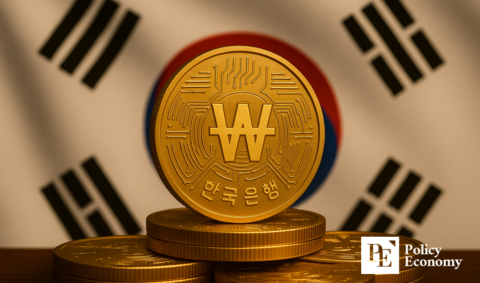
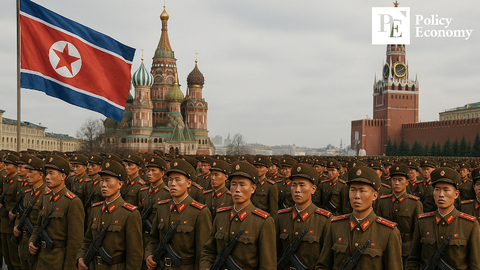
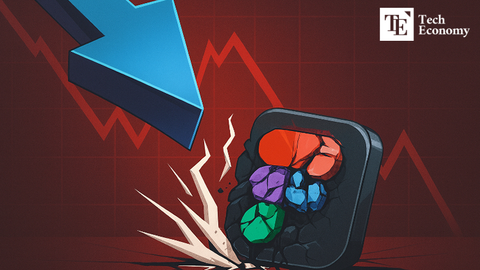

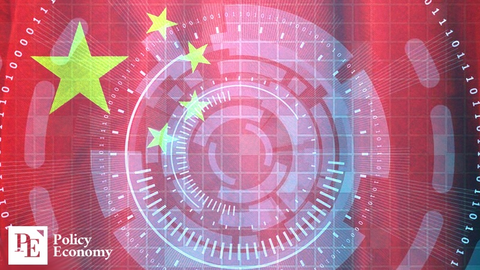

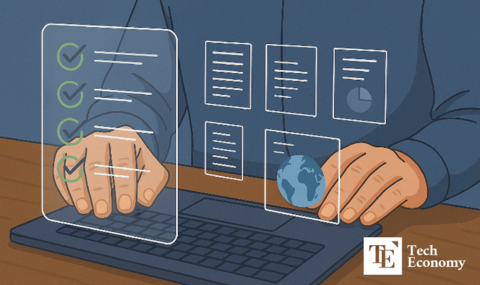
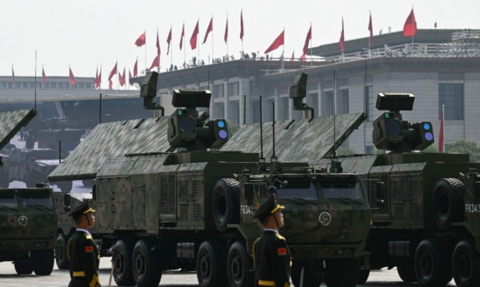
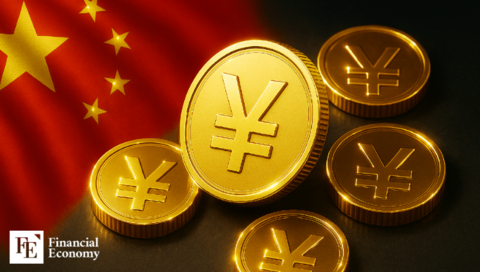












Comment